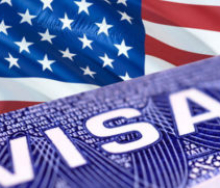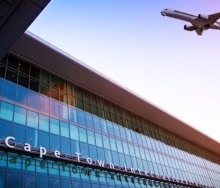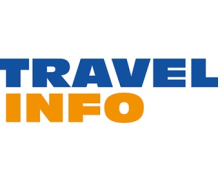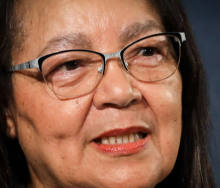As business travel bounces back, today’s corporate travel managers have a new juggling act to fulfil.
TMCs find that corporates and their travellers need both technology (and its constant innovations) and a fair amount of personal consultation where the TMC’s expertise, experience and knowledge is aired. And this combination of tech and personalisation all the while has to support and maintain compliance with company policies.
This all needs to be balanced with the corporate’s desire for tighter controls on spending and support for its sustainability goals and service levels.
The CFO of a prominent vehicle manufacturing company spoke to Travel News about that company’s current travel policy requirements and what needs to be tweaked.
“Post-pandemic, we’re seeing a much higher expectation from our head office regarding accountability for budgets and additional services. They are looking at the numbers more carefully. Pre-pandemic we may have sourced a TMC partnership on a transactional, fulfilment-based relationship, but in a post-pandemic environment, we are seeking additional services from our TMC partner. This includes highly valuable consultative services to enable our travellers to navigate a more complex travel environment. These services include providing us with reliable and timely information to support business travel which is safe, cost-effective and sustainable and which drives maximum ROI for the business.”
The pandemic’s hiatus has resulted in a blend of technology and personalised service being more important than ever before, as companies recommence international business travel. In the white paper entitled “Travel trends for 2023”, Corporate Traveller, a division of Flight Centre, voices the belief that travel managers should be looking for more when tendering for travel management in a post-pandemic world.
Corporates must explore the service options available for the size/scope of their business – are they predominantly online, offline or a blend of both? It’s important to bear in mind that many corporates are working remotely.
Corporates should research what additional services have been made available by the TMC since COVID – are these sufficient for the business’s corporate travel needs, asks the white paper.
How efficient is the travel booking process? Is it end-to-end?
Are there multiple suppliers in the supply chain or are we dealing with the same company for all processes? More suppliers mean higher risk, higher costs and less control.
“We believe that successful TMC models must recognise the need for both personalised customer service and intuitive technology to deliver maximum value in the travel management process, from Travel Programme Managers to the travel arranger and business traveller.”
The vehicle manufacturer CFO is very clear about what that company wants from its TMC.
“It takes an expert to know how to achieve the delicate balance between cost savings and ensuring the wellbeing of our travellers,” said the CFO.
“We expect our TMC to recognise the behaviour that characterises our company, our staff and the company’s travel patterns and requirements in order to reshape our travel policy post-pandemic and leverage these insights into the world of corporate travel.
“Our company is focusing on the wellbeing and safety of our travellers, sustainability and budget accountability. We expect the right technological tools to facilitate those goals and a thorough knowledge of destinations and professional sustainable travel products that are right for our organisation.”














